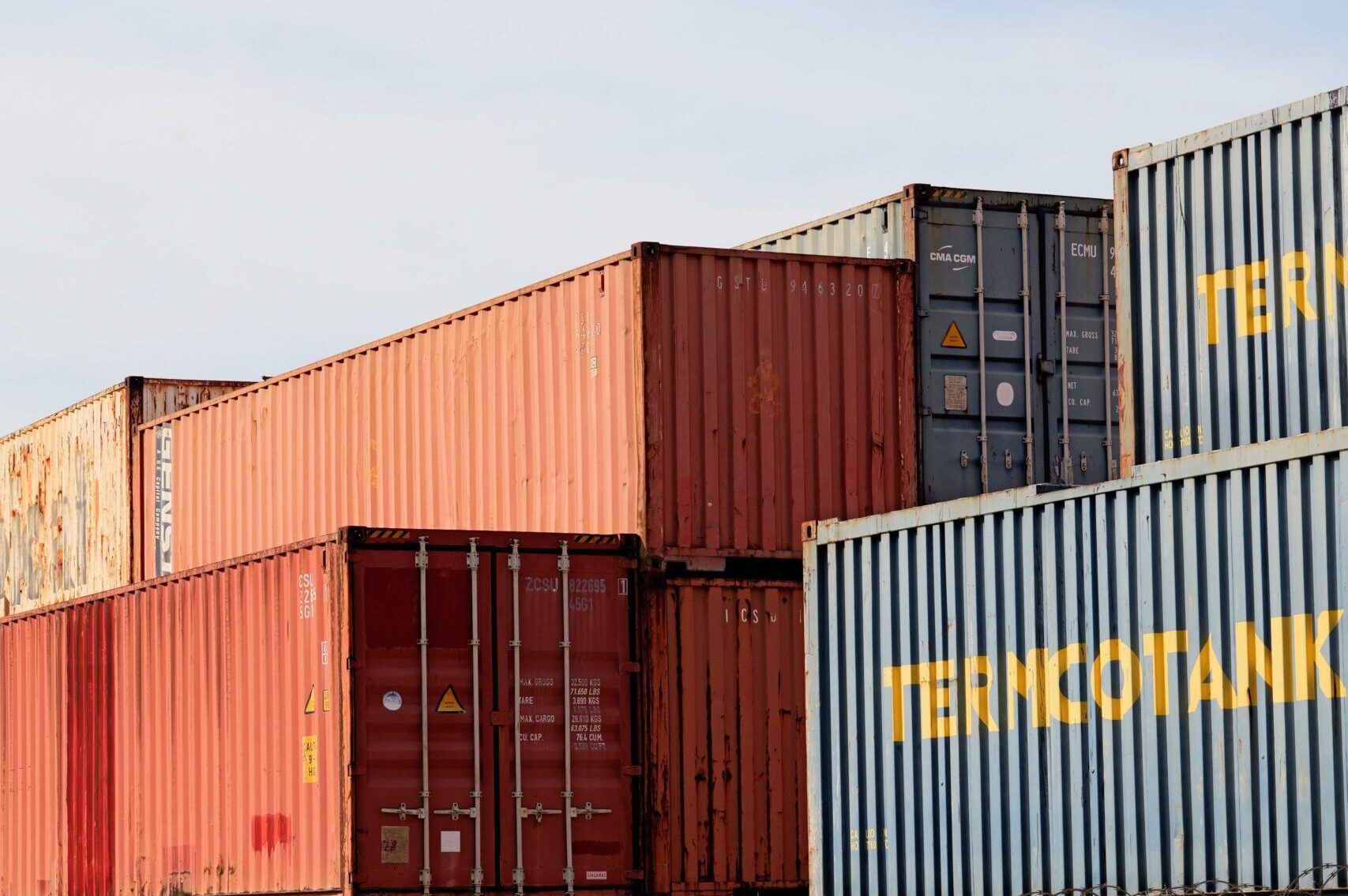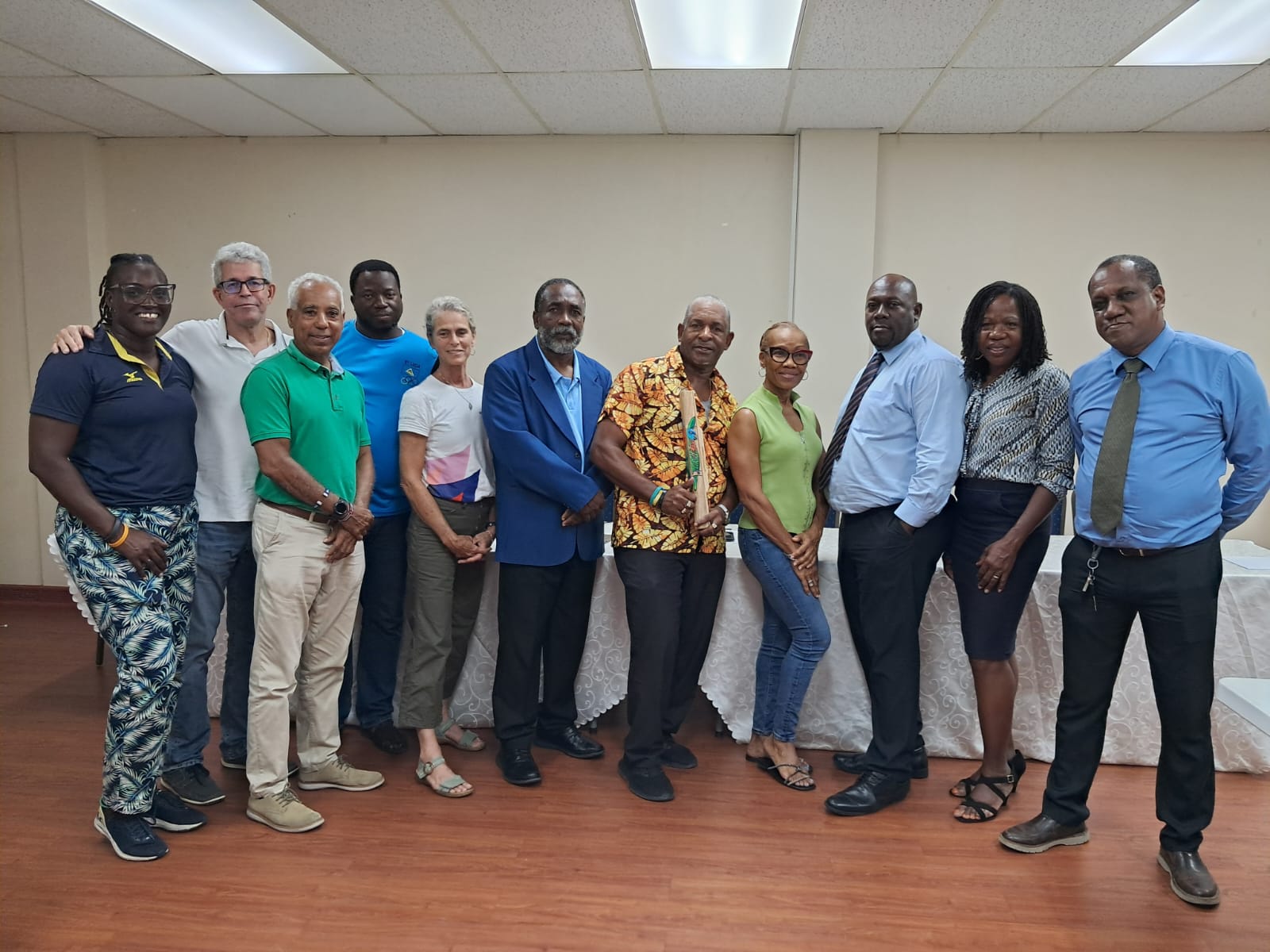

The CARICOM Private Sector Organisation (CPSO) is urging a measured response by regional governments to new US tariffs announced by President Donald Trump, which could have significant economic implications for the Caribbean region. While acknowledging the tariffs’ impact on CARICOM economies, the organisation has stressed the importance of thorough analysis before any action is taken.
President Trump announced that effective April 5, a baseline 10 per cent tariff would be imposed on imports into the US. This sweeping measure, designed to target countries running trade surpluses with the US, will affect several Caribbean nations, including Saint Lucia, the Dominican Republic, Trinidad and Tobago, and many others. Guyana, in particular, faces a higher “reciprocal” tariff of 38 per cent.
CPSO CEO and Technical Director Dr Patrick Antoine acknowledged that the tariffs would have both direct and indirect effects on CARICOM economies. These would begin with the region’s exports but could soon extend to imports, which may see prices rise rapidly, impacting sectors like agriculture, tourism, and manufacturing.
“In the case of imports, some of which are routed through the US to fulfill regional markets, the impact of the tariffs will be felt through higher prices – in a fairly rapid manner. But the impacts will also be felt sector-wide, agriculture, tourism, manufacturing etc,” Dr Antoine said.
He further highlighted that the effects would not be confined to the Caribbean, noting that US consumers and the broader US economy would also feel the impact. A particularly worrying concern is the negative effect on the region’s services trade, especially tourism, which is a significant industry for many Caribbean nations.
Dr Antoine said the CPSO analysis will look at the impact of the US tariffs from the perspective of opportunities for the private sector — not solely from the perspective of challenges.
The CPSO said it is committed to working collaboratively with the CARICOM Secretariat and other regional and international institutions to navigate the shifting economic landscape, and meet the challenges posed by the shift in economic and trade philosophy by CARICOM’s most significant trading partner.





